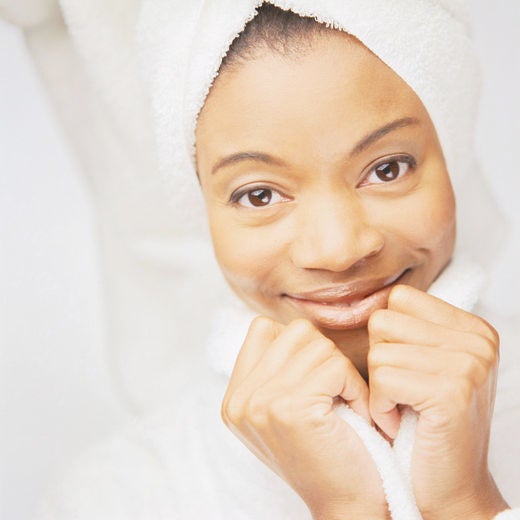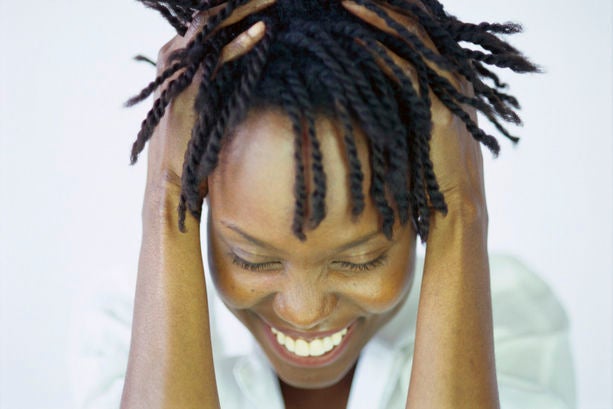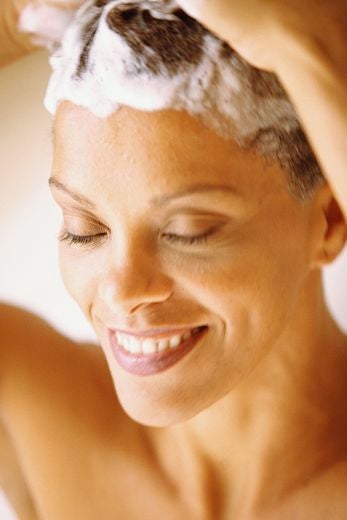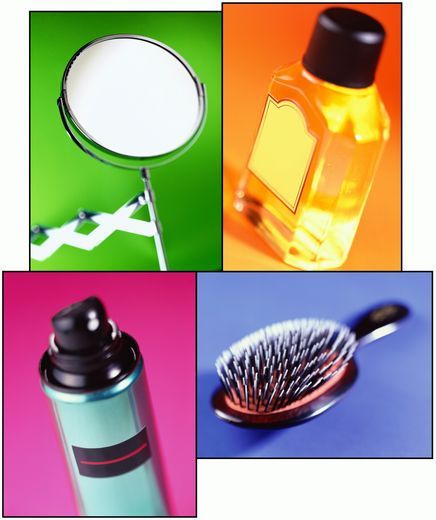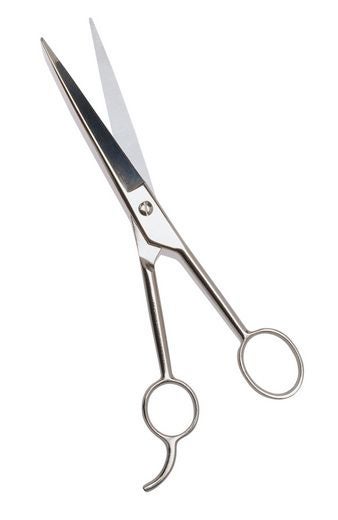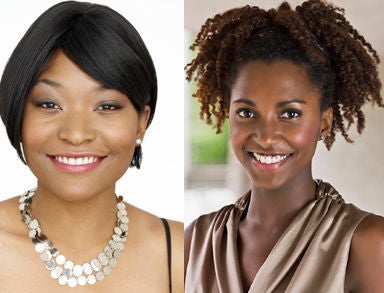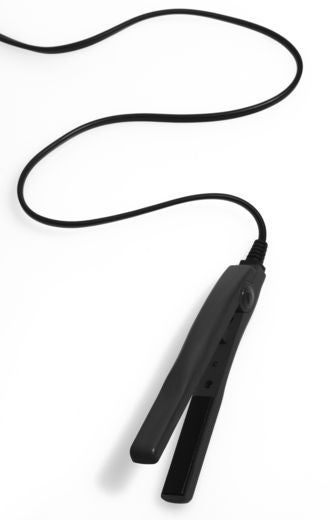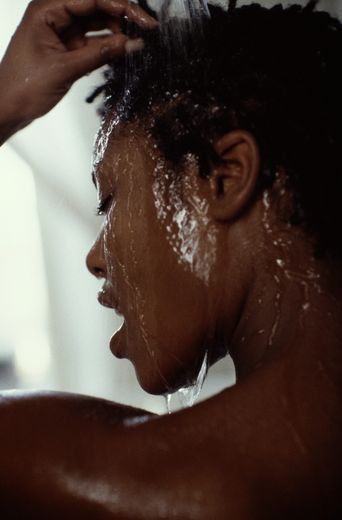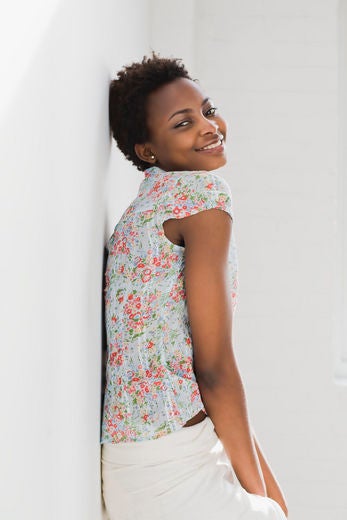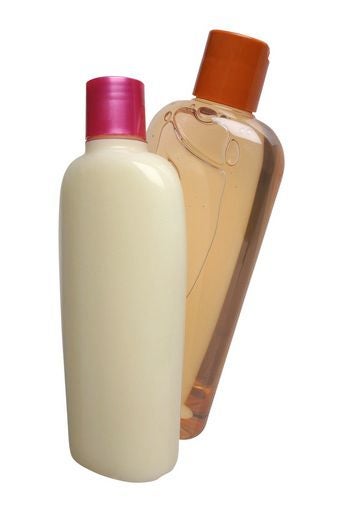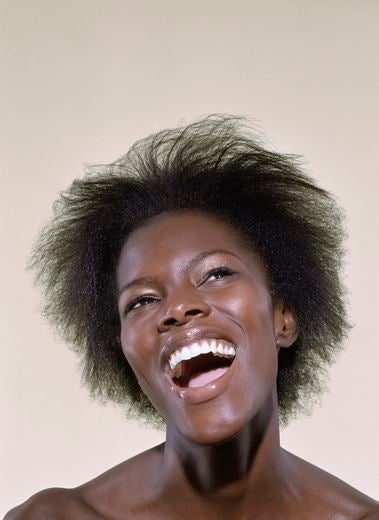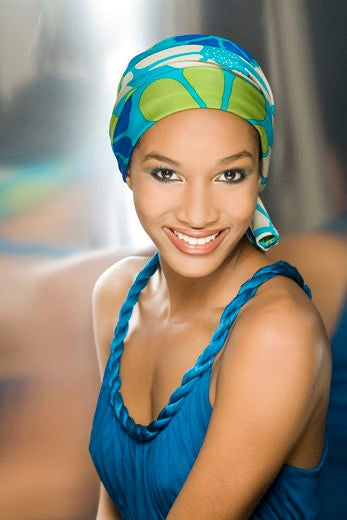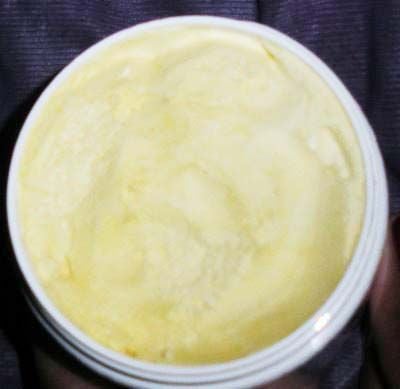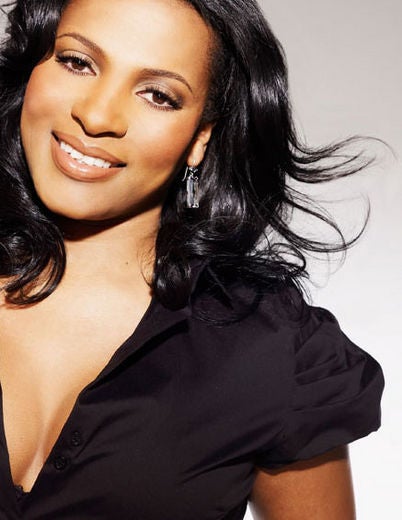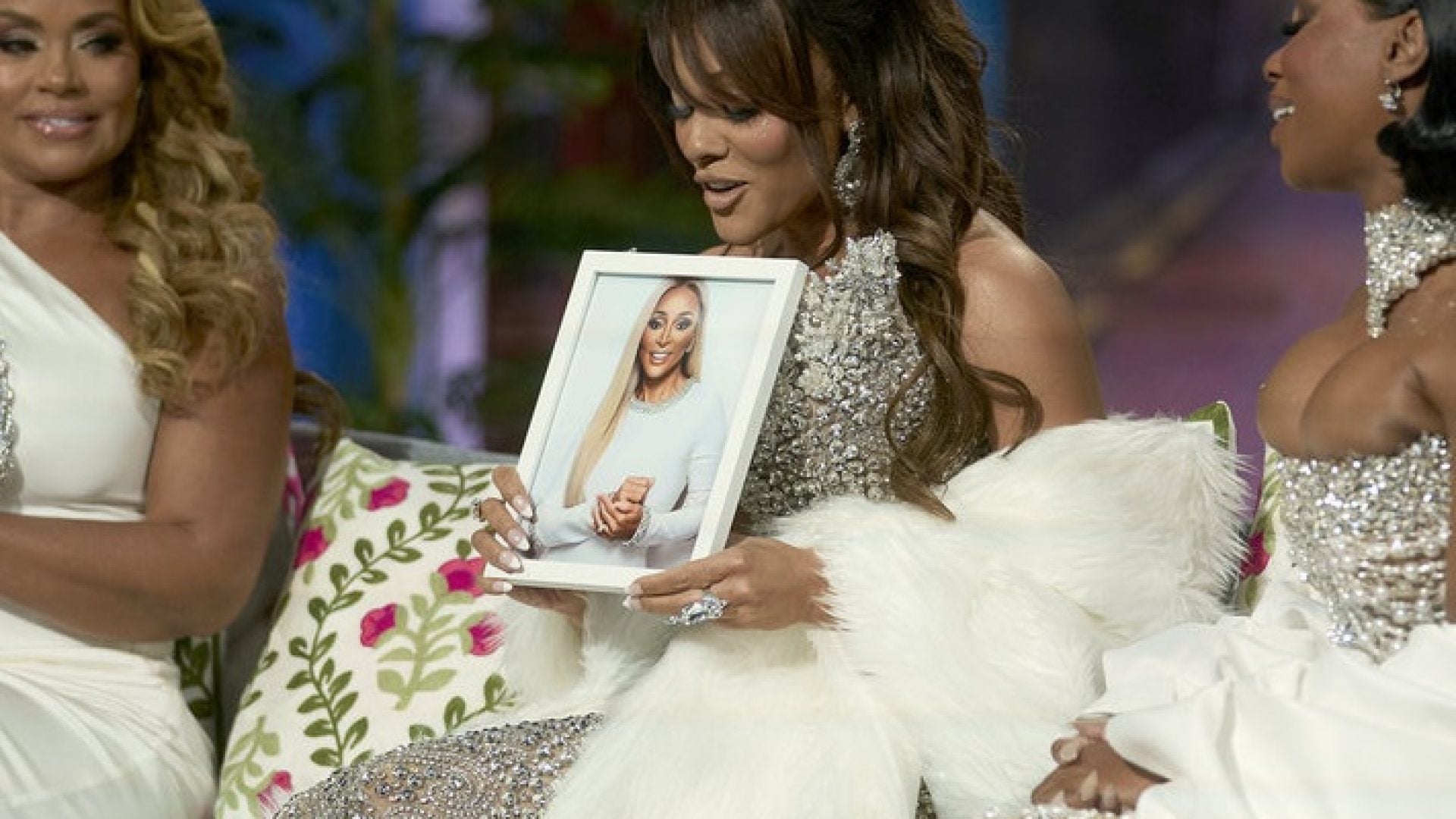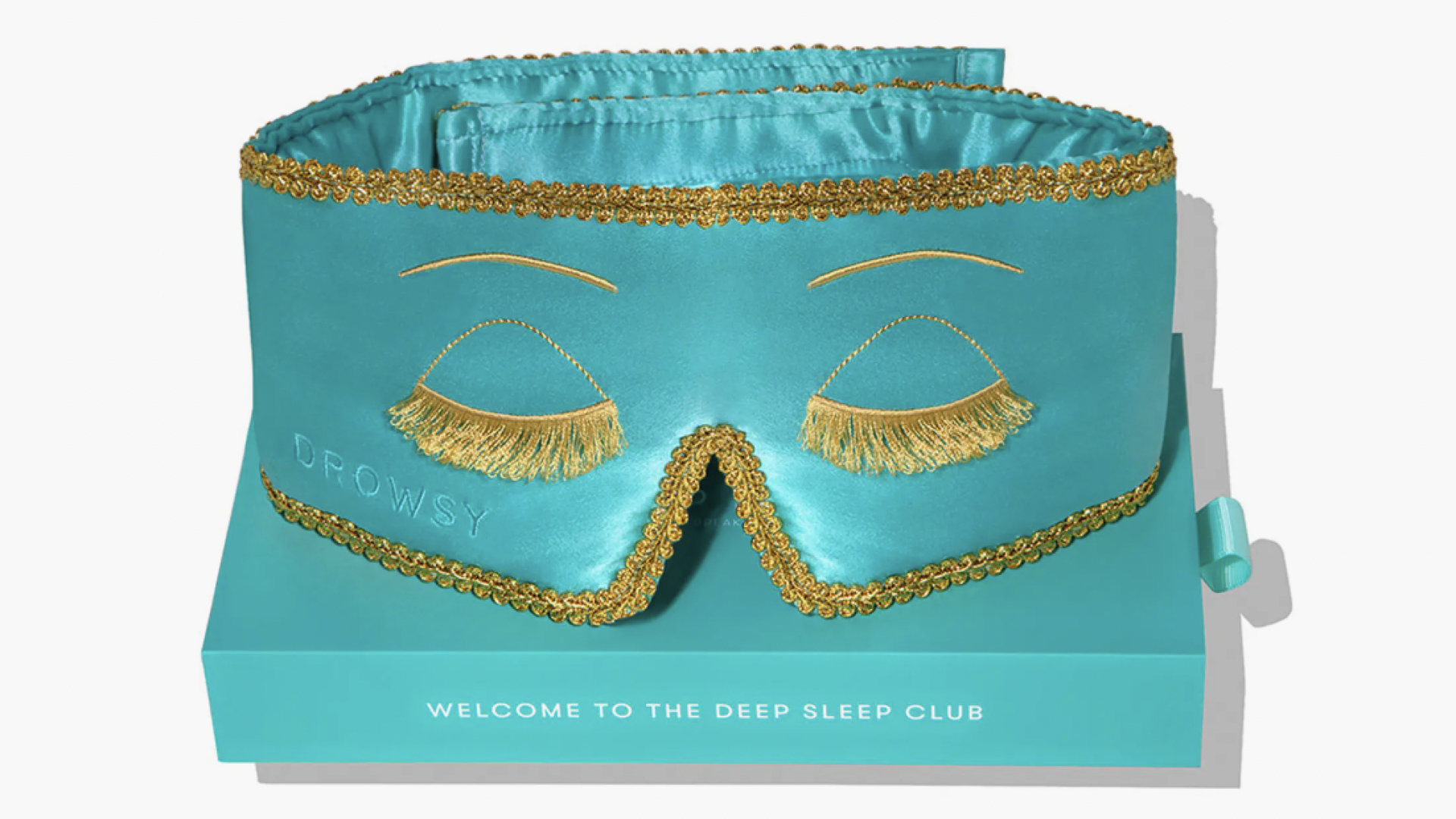MYTH: Relaxers Make Your Hair Grow
Your hair requires constant nurturing to maintain its durability and encourage growth. Although your hair may appear to have grown once you’ve gotten it relaxed, that is not the case. Relaxers straighten your natural kinks, which gives the faux appearance of growth. “Hair growth comes from good diet and well-maintained hair,” says celebrity hairstylist Traci Washington.
MYTH: Braiding hair too tight won’t cause breakage
“In some cases braiding the hair will cause breakage, but this depends on the strength of your hair. If you keep your hair braided year-around, allow your hair to rest for at least 3 months during a 12-month period. You should not be braiding the hair continually, otherwise you will cause stress to the stands. Letting the hair breathe will allow you to build up your strands’ protein to prevent breakage,” says Washington.
MYTH: Natural relaxers are safer than other relaxers
News flash: “Natural” relaxers are not, in fact, natural. Many contain the same chemicals as your lye or no-lye relaxer kit. The difference only lies in the name. From natural to silkener, it’s all a ploy to get you to buy, buy, buy. “There is no such thing as a natural relaxer. In order for our hair to be straight we have to chemically break it down or use heat,” says Washington.
MYTH: No-lye relaxers are safer than lye relaxer treatments
Lye and no-lye relaxers differ in chemical composition, which results in the straightening action, making this myth a hair truth. “Yes, in a sense, no-lye relaxers have less sodium hydroxide. The less sodium in a relaxer results in a weaker formula, but no matter which type of relaxer you use it’s still a chemical treatment and should be used with care,” confirms Washington.
MYTH: Cutting hair will promote hair growth
Tell your scissor-happy stylist to “sit down.” While cutting does rid your hair of old and damaged strands, it does not make your hair grow. Your hair actually grows from the hair follicle on your scalp. We suggest getting a trim and not a chop every 6 to 8 weeks depending on your hair growth to avoid any split ends you may have, splitting further up the hairs shaft, which does cause damage.
MYTH: Natural hair is stronger than chemically treated hair
Applying chemicals to your hair does weaken the hair shaft. However, that does not mean that natural hair has the strength of 1,000 men. Actually, all of those cute little curls and kinks could be your hair’s breaking point—literally. No matter how thick or strong your natural strands may look, handle them with care. Aside from your usual conditioning treatments, apply a leave-in conditioning balm like Cantu Grow Strong Strengthening Treatment ($5, drugstore.com) to protect your mane against daily wear and tear.
MYTH: Black women shouldn’t use flat irons
This myth is absolutely not true, according to Washington, who is the official hairstylist for the BET network. “Why not use a flat iron; it’s just a straightening comb with no teeth, and it is safer. A flat iron is made with ceramic plates, which retain and distribute heat evenly among the strands preventing damage caused by uneven hot spots.”
MYTH: Washing hair too much dries it out
“This myth really depends on the person. The more oil-producing glands you have, the less likely you are to experience lack of hair moisture from washing. If your scalp does not produce enough sebum, which is oil, washing frequently will dry the hair out,” says Washington. Water coupled with great moisturizing products like Pantene Pro-V Relaxed and Natural Intensive Moisturizing Shampoo ($5, drugstores nationwide) will help to reduce dryness after washing.
MYTH: Black women can’t grow long hair
“This is definitely not true! Everyone has a point where the hair will just stop growing regardless of ethnicity,” explains Washington. "Hair growth comes from a good diet and well-maintained hair. Taking multivitamins, drinking water, eating green vegetables, trimming the hair a quarter of inch every four to eight weeks all promotes hair growth.”
MYTH: Black hair should be conditioned more regularly than shampooed
Hair conditioners and the use of conditioning oils is essential to healthy hair. “Ethnic hair can become a little more brittle because of the chemicals we use, so we definitely need more conditioning to restore the hair’s vitality and shine,” says Washington. Depending on your individual hair needs, you may only need to apply conditioner to the ends of your strands if your hair is oily. If you use heat daily on your hair, try using a thermal conditioner with heat protection. For women with dry hair, using a conditioner and leave-in conditioner might be necessary.
MYTH: You can’t repair split ends
As much as we’d like to believe this to be true, uh uh. You can temporarily treat your split ends with fortifying conditioners like Biolage by Matrix ForteTherapie Intensive Strengthening Masque ($9, drugstore.com), but the little scragglers do still exist. The only way to fully repair your hair is by ridding it of its bad parts—and by that we mean cutting.
MYTH: Wrapping the hair at night or at the gym is not healthy maintenance
“Wrapping the hair before bed or tying it up with silk or satin caps will help keep the ends of your strands smooth and prevent breakage. Sleeping on satin or silk pillow cases will also work if wrapping is not an option. We move around when we sleep, and if you sleep on cotton sheets your hair will natural break off. You should not wrap the air all day long because the hair needs to breathe. When you workout your body sweats, creating moisture on your scalp that expands the shape of your hair. Wrapping during a workout will allow your hair to keep its form,” explains Washington.
A leader in the hair care profession, Traci Washington understands the importance of having a good hairstylist and getting proper hair care instruction and advice. Washington has worked with women around the country and celebrities like fashion stylist June Ambrose, Snoop Dog, and Toccara from “American’s Next Top Model.” Her avant-garde approach to hair has set her apart from her peers.
